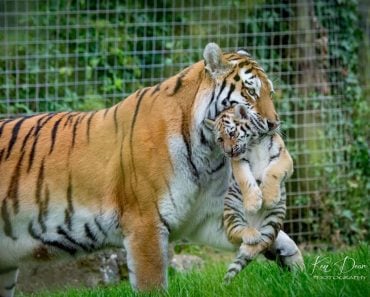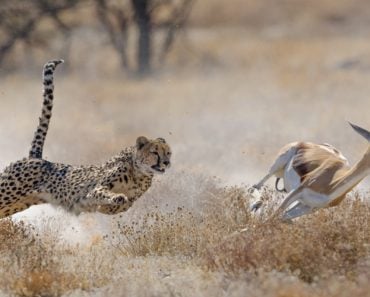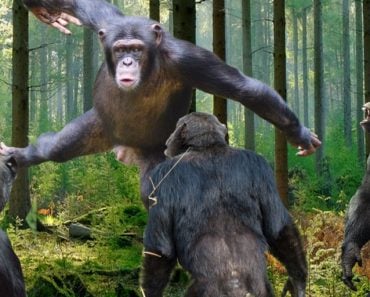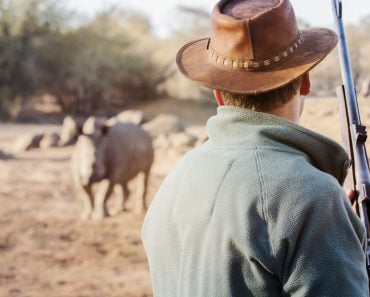Table of Contents (click to expand)
Animals don’t often kill when it is unnecessary. However, there have been recorded instances when they do. There are times when animals kill more prey than they can eat, a phenomenon called “surplus killing” or the “henhouse syndrome”.
Killing animals for sport is frowned upon, and though many still go on hunting expeditions, it is less accepted than it was in the past. Added to the fact that hunting is a violent sport, excessive hunting is the reason for many animals going extinct on this beautiful planet. We don’t need to hunt any more to survive, at least not in such great numbers. We humans try to hold ourselves to a higher ethical standard than other creatures, since we possess higher mental capacities.
However, when an animal kills, it is often seen as natural and instinctive, something they need to do for survival.
So, while we dismiss animals killing other animals as solely a survival instinct, is that actually true?

Recommended Video for you:
The Henhouse Syndrome
There are times when animals kill more prey than they can eat. This phenomenon is called “surplus killing” or the “henhouse syndrome”.
Suppose a fox happens upon a henhouse. Now, because it needs food, the fox’s natural instinct is to kill a hen. In open forests, any other animals nearby would disperse when a predator attacked one of them, and the predator would then eat the animal it killed.
However, in our case, the hens don’t have any place to go. Even when the fox has killed its prey, there are still more animals around it. This triggers its hunting instinct, so it leaves the prey it killed to catch more. This has been observed in animals like lions, foxes, hyenas, cats, and other similar animals.
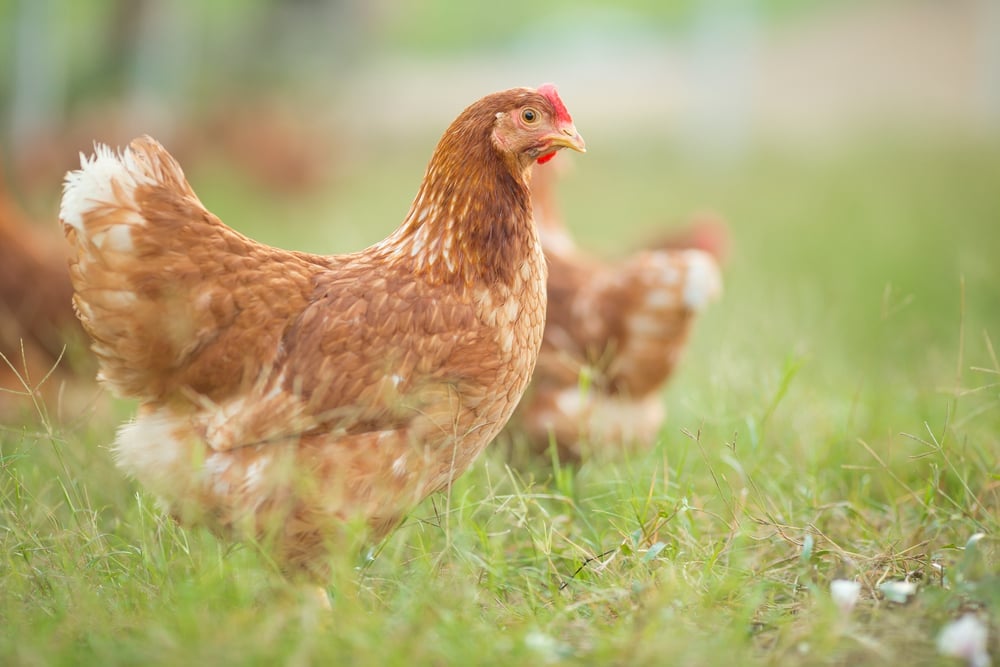
Researchers have debated this behavior. On the one hand, researchers have claimed that this behavior could benefit the predator’s young, and other animals in the predator’s group, but surplus killing can also lead to the depletion of food sources for that area and the rapid depletion of the prey animals.
That said, surplus killing doesn’t happen often. Animals rarely find an abundance of prey or herds of prey that can’t run away when attacked. The temporary vulnerability of prey due to unfavorable weather or age (younger animals like calves and fawns) could also lead to surplus killing. Another condition that might bring about surplus killing is when a group of prey is sequestered from predators, and then a predator finds them. Especially if there is a shortage of food in that area, the predator might feel compelled to kill as much prey as it can.
Killing For Other Reasons
A more common example of animals killing for reasons other than survival can be found in our own homes.
Cats are known for killing small rodents like mice and presenting them to their owners. Cats may do this because they think their human compatriots are incapable of hunting, so the cat hunts on their behalf.
Domestic cats also have an instinct to hunt, just like any predator. Even though their needs are met by their owners, those instincts don’t just vanish.
Another reason domestic animals like cats and dogs (who don’t really need to hunt in order to survive) might kill animals is simply because they were playing. They might be chasing after a bird, or feeling fascinated by an insect, or intrigued by any other smaller animal. Their playtime can get rough and they can often end up hurting or killing an animal.
Surplus Killing And Extinction
This then begs the question: if animals kill other animals unnecessarily (as humans do), does the onus of the preservation of wildlife fall onto them as well?
No.
While animals have different reasons for why they hunt, it is still primarily for survival. We have no evidence that any other animal has elaborate intentions (as humans do), such as harvesting animal parts for industrial production or bragging about being a good hunter.
A Final Word
There is a famous tale about a frog and a scorpion.
There was once a scorpion who wanted to cross the river. It asks a nearby frog if it can hop on the frog’s back and the frog can swim them both to the other side. The frog refused, saying that the scorpion would sting the frog. The scorpion tells the frog that it would be stupid of him to do that, since stinging the frog would result in both of them drowning. Unable to argue with that, the frog agrees. Halfway across the river, the scorpion stings the frog. The frog cries, “Why would you do that? Now we’ll both drown!”
“Sorry,” the scorpion says. “It’s my nature.”
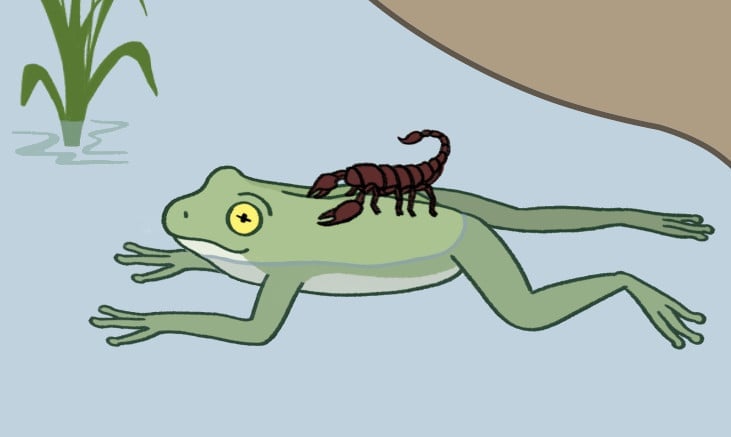
Similarly, it’s in the nature of animals to hunt, whether for food, territory, or play. Animals do not have a sense of “right or wrong” in the same way humans do.
Thus, it would be unfair to hold them to the same moral standards. So while it might not be necessary for animals to kill at times, it is their instinct to do so, whether for the intention of defense or entertainment.
The good news is that this natural instinct of animals is what keeps the population of prey in check. Thus, it might not be necessary for their survival, but it is necessary to maintain balance in the ecosystem.
References (click to expand)
- U Olin. Controls in Animal and Human Populations - jstor. JSTOR
- Keeping Cats Indoors Could Blunt Adverse Effects to Wildlife. North Carolina State University
- Kruuk, H. (1972, February). Surplus killing by carnivores. Journal of Zoology. Wiley.
- Short, J., Kinnear, J. E., & Robley, A. (2002, March). Surplus killing by introduced predators in Australia—evidence for ineffective anti-predator adaptations in native prey species?. Biological Conservation. Elsevier BV.

